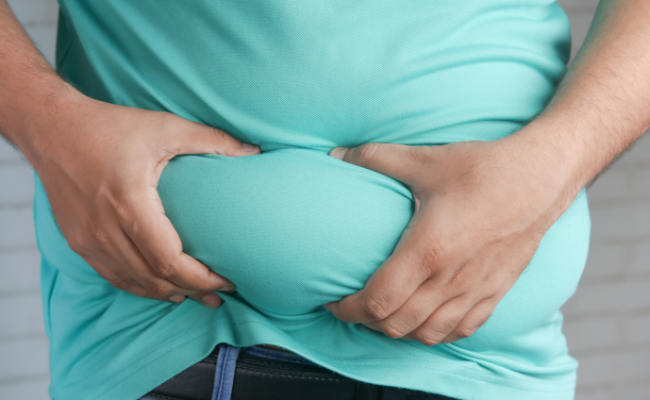New Study Reveals the Ideal Amount of Sleep to Avoid a Beer Belly
Have you ever considered the link between sleep deprivation and that pesky beer belly? Neither have we! At least until now.
According to a new study published in Sleep Medicine, dozing off for less than eight hours a night could contribute to dangerous visceral fat accumulating around vital organs and leading to disease.
The study found that the goal should be to get seven to eight hours of slumber every night. Missing out on just one hour of good slumber each night might cause an increase of about 12 grams of visceral fat mass.
Getting more than eight hours of sleep might not bring any extra benefits. You achieve the best results when you get eight hours of slumber each night.
The researchers in the study looked at the data from over 5,100 adults between 18 and 59 who took part in the US National Health and Nutrition Examination Survey.
This is how much sleep you should get to avoid a beer belly: study https://t.co/FBfRMaKF6f pic.twitter.com/ldYv1nNpDX
— New York Post (@nypost) March 29, 2023
They used X-ray technology to measure body fat in different regions of the body and asked participants about their sleep habits during an in-home interview. Most people reported sleeping for about seven hours each night.
The results of this study reinforce what experts have cautioned about for years—lack of sleep can be harmful. Not only does it increase the risk of infection and cause changes in behavior, but it can also accelerate brain aging.
What’s interesting about this latest research is that it explicitly identifies a link between sleep duration and the accumulation of visceral fat mass in adulthood. It shows the importance of prioritizing getting enough rest for overall health and well-being.
The accumulation of visceral fat can pose significant health risks. Health professionals have linked this to various ailments. These include Type 2 diabetes, heart disease, stroke, breast cancer, Alzheimer’s disease, and more.
You may also like: How to get rid of beer belly
Based on the World Obesity Atlas 2023 report, projections suggest that by 2035, more than half of the world’s population will be overweight or obese.
What Causes Beer Belly
Environmental factors, stress, or lifestyle habits, such as an unhealthy diet or sedentary lifestyle, may also contribute to visceral fat. That’s why it’s crucial to prioritize your health.
You also need to make lifestyle changes that can help reduce your risk of developing visceral fat. This includes sleeping for eight hours.
Recently, the European Society of Cardiology released findings. It revealed how inadequate sleep (less than five hours per night) can increase the risk of peripheral artery disease by 74%. This is compared to those who sleep seven to eight hours.
Related Articles
However, other research suggests that it’s about more than just the quantity of slumber but the quality. A study conducted last year demonstrated that factors contributing to sleep quality, such as falling asleep quickly and soundly, may be more crucial than how long a person dozes off.
In conclusion, prioritizing sleep and getting seven to eight hours of good-quality sleep every night could help reduce the risk of developing visceral fat.
A healthy diet and regular exercise can also help reduce your risk of developing this belly fat. So, start caring for your health today and get those hours in!
Focus on creating a relaxing bedtime routine to improve the quality of your sleep. These include reading, taking a warm bath, or practicing meditation or deep breathing exercises. Your body will thank you for it in the long run!


